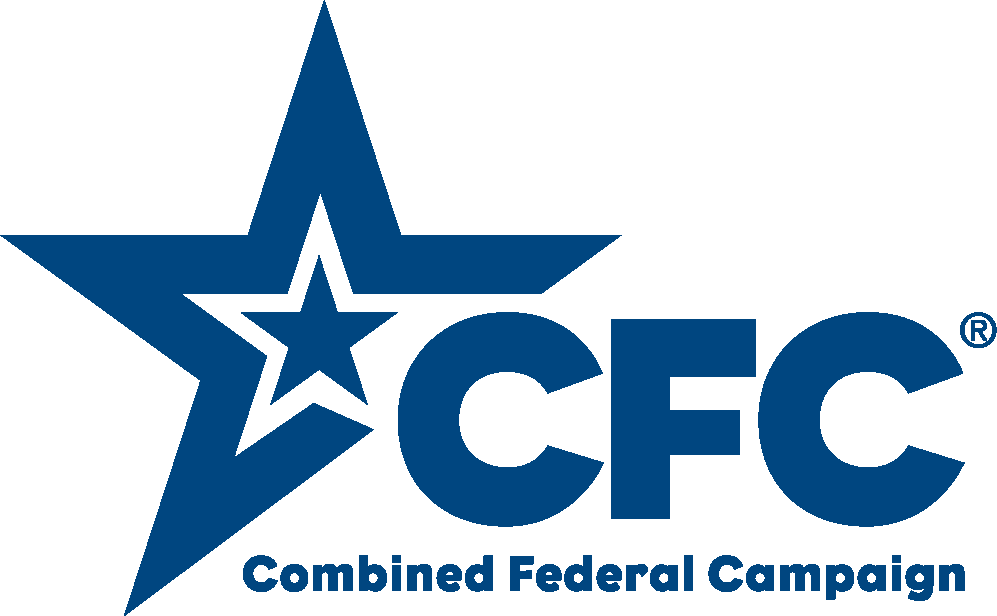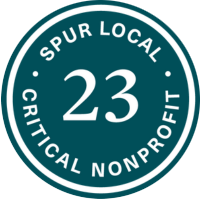
This is a guest post by Courtney Cooperman. Courtney is a member of JUFJ’s DC Housing Security Working Group.
Two years into the COVID-19 pandemic, DC finds itself in a paradox. The District’s balance sheet paints a picture of abundance: we have an estimated $576 million surplus from the previous fiscal year. That picture, however, bears little resemblance to the situation that low-income DC residents currently face. Many DC communities are not feeling the benefits of a surplus – they are feeling the squeeze of an economic crisis.
Thousands of DC residents are behind on their rent — yet the STAY DC program, a lifeline for low-income renters, is no longer accepting applications. More than 90 percent of those behind on rent in DC are people of color — a consequence of long-standing racial inequity in the housing market and the disproportionate impact of the pandemic on communities of color. Without STAY DC, many residents will face eviction, displacement from the District, and, in the worst cases, homelessness.
The District’s financial situation reflects a now-familiar narrative. While the wealthiest Americans have become more prosperous during the pandemic, the lowest-income people have been left to sink deeper into hardship. The budget surplus is itself a testament to this unequal recovery. Tax revenue from higher earners remained stable in 2021 and left the District with more money than anticipated. Despite the urgent needs of DC’s most vulnerable communities, this revenue was left unspent.
Jewish teachings underscore the moral imperative to support our neighbors in times of hardship. In the words of the Midrash Rabbah: “Our sages have said: If all troubles were assembled on one side and poverty on the other, [poverty would outweigh them all]” (Shemot Rabbah 31:12-13). This rabbinic wisdom describes poverty as the gravest of societal failures—one that we must take every possible measure to prevent.
The Torah scholar Rashi instructs us to support our community members in difficult times and “strengthen [them] as [they] begin to fall,” rather than wait until they sink deeper into crisis before offering support. Rental assistance stabilizes families before they face eviction — a traumatizing experience with lifelong consequences for financial security, physical health, and emotional wellbeing — and, in the spirit of Rashi, prevents temporary hardship from evolving into a more prolonged crisis. Funding STAY DC is also in the District’s own financial best interest, as it would prevent a wave of mass evictions and homelessness that would cost far more in the long run.
Fortunately, it is not too late for Mayor Bowser and the DC Council to live up to the wisdom of our tradition and direct DC’s abundance of resources to those with the greatest need. Mayor Bowser’s budget proposal, which will lay out a blueprint for Fiscal Year 2023 spending, can be a starting place to fully fund rental assistance programs and enable the program to reopen for new applications. Mayor Bowser is aware of the scale of the need for rental assistance. In November, the District asked the U.S. Treasury for more than $238 million in additional federal emergency rental assistance dollars to keep the program running — but DC only received a small fraction of that request. The eye-popping surplus makes clear that DC can afford to fully fund vital rental assistance in its own budget, regardless of whether it receives further federal support.
The District’s surplus emphasizes what advocates have long known. DC can afford to make robust investments that will enable all its residents — especially communities of color who have historically been denied the benefits of economic growth — to live with dignity, security, and opportunity. In the wake of an economic crisis that has put thousands of DC residents at risk of eviction, the District must devote significant resources to rental assistance and fully fund rental assistance programs in the FY23 budget.
Mayor Bowser and the DC Council cannot miss this chance to ensure that the lowest-income DC residents feel the benefits of our strong economy. The FY23 budget is a critical opportunity to keep DC residents stably housed. For a wealthy city such as DC, this objective is certainly affordable — and the failure to achieve it would be morally unacceptable.
Budgets are moral documents: a reflection of our society’s values and priorities, and a blueprint for how to set up that society. In Jewish tradition, a truly just society is one in which all people — regardless of race, income, or zip code — have what the Torah calls dei machsoro, resources sufficient for their needs. We are called to be partners in the creation of that world by advocating for budgets that move the places we live closer to the Torah’s vision.
Do you want to testify about the DC budget with JUFJ? Click the button below and an organizer will be in touch to help you with your testimony.





